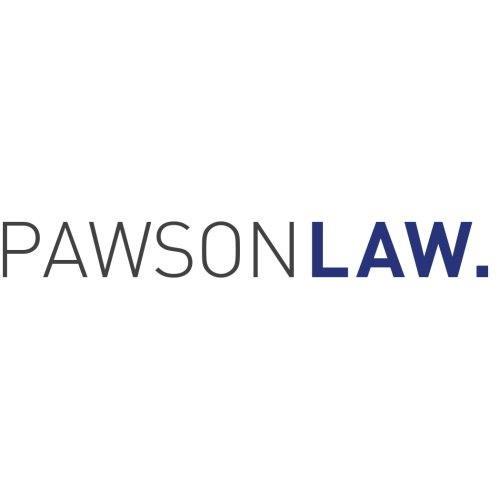Best Criminal Litigation Lawyers in Tauranga
Share your needs with us, get contacted by law firms.
Free. Takes 2 min.
List of the best lawyers in Tauranga, New Zealand
About Criminal Litigation Law in Tauranga, New Zealand
Criminal litigation in Tauranga, New Zealand, pertains to legal proceedings related to accusations of criminal behaviour. New Zealand law is primarily based on the British legal system, albeit with some key differences. Criminal cases follow a clear process from accusation, through investigation, trial, sentencing, and, in some cases, appeal. Professionals in this field are well-versed in matters such as understanding and interpreting the criminal law code, presenting evidence, defending the accused, and, if necessary, negotiating penance or settlements.
Why You May Need a Lawyer
Engaging a lawyer is essential when facing criminal charges, as the consequences can be significant, leading to incarceration or hefty fines. Lawyers can provide legal advice, create the best possible defence strategy, negotiate with prosecution, and help you understand the complex maze of the legal system. You may also need a lawyer for matters like seeking bail, understanding your rights during police questioning, and help deal with the post-trial matters if you're convicted.
Local Laws Overview
In Tauranga, as in the rest of New Zealand, the Crimes Act 1961 comprises the bulk of criminal law. It lists and details all serious crimes (or indictable offences), while the Summary Offences Act 1981 includes minor (summary) offences. In addition to, the New Zealand Bill of Rights Act 1990 protects basic human rights and offers protections for someone accused of a crime. These include the right to a fair trial, right to legal counsel, and protection against unreasonable search and seizure. In New Zealand, the prosecution must prove its case beyond reasonable doubt - a very high standard to meet.
Frequently Asked Questions
What punishments can I receive for criminal offences?
Punishments for criminal offences in New Zealand can range from community service and fines to imprisonment, with the severity depending on the crime committed.
What are my rights if I’m accused of a crime?
Under the New Zealand Bill of Rights Act 1990, you have the right to remain silent, the right to not self-incriminate, the right to a lawyer, and the right to a fair and public trial, among others.
What is the role of the police in criminal investigations?
The New Zealand Police are responsible for investigating alleged crimes, collecting evidence, making arrests where necessary, and presenting said evidence in court to prove the guilt of an accused party.
Can I represent myself in court?
It's legally possible to represent oneself in the New Zealand courts. However, the legal system can be complex and so it is usually strongly recommended to seek the assistance of a professional lawyer who understands the law and court processes.
What is the difference between a summary and indictable offence?
Summary offences are minor offences usually heard by a Judge sitting alone, whereas indictable offences are serious crimes that can be heard by a Judge and jury and carry more severe penalties.
Additional Resources
The New Zealand Ministry of Justice's official website provides in-depth information on the judicial process, rights and duties of the accused, and resources for finding a lawyer. The New Zealand Law Society's "Find a Lawyer" function can also assist you in finding a qualified criminal litigation lawyer in Tauranga. Additionally, Community Law Centres across the country offer free legal advice to those who can't afford a lawyer.
Next Steps
If you need legal assistance in criminal litigation, it is advised that you promptly seek the services of a lawyer. Initial consultations are usually free and it allows the lawyer to understand your case and propose the best way forward. Remember, the sooner you seek legal advice, the more options you have available for your defence.
Lawzana helps you find the best lawyers and law firms in Tauranga through a curated and pre-screened list of qualified legal professionals. Our platform offers rankings and detailed profiles of attorneys and law firms, allowing you to compare based on practice areas, including Criminal Litigation, experience, and client feedback.
Each profile includes a description of the firm's areas of practice, client reviews, team members and partners, year of establishment, spoken languages, office locations, contact information, social media presence, and any published articles or resources. Most firms on our platform speak English and are experienced in both local and international legal matters.
Get a quote from top-rated law firms in Tauranga, New Zealand — quickly, securely, and without unnecessary hassle.
Disclaimer:
The information provided on this page is for general informational purposes only and does not constitute legal advice. While we strive to ensure the accuracy and relevance of the content, legal information may change over time, and interpretations of the law can vary. You should always consult with a qualified legal professional for advice specific to your situation.
We disclaim all liability for actions taken or not taken based on the content of this page. If you believe any information is incorrect or outdated, please contact us, and we will review and update it where appropriate.











